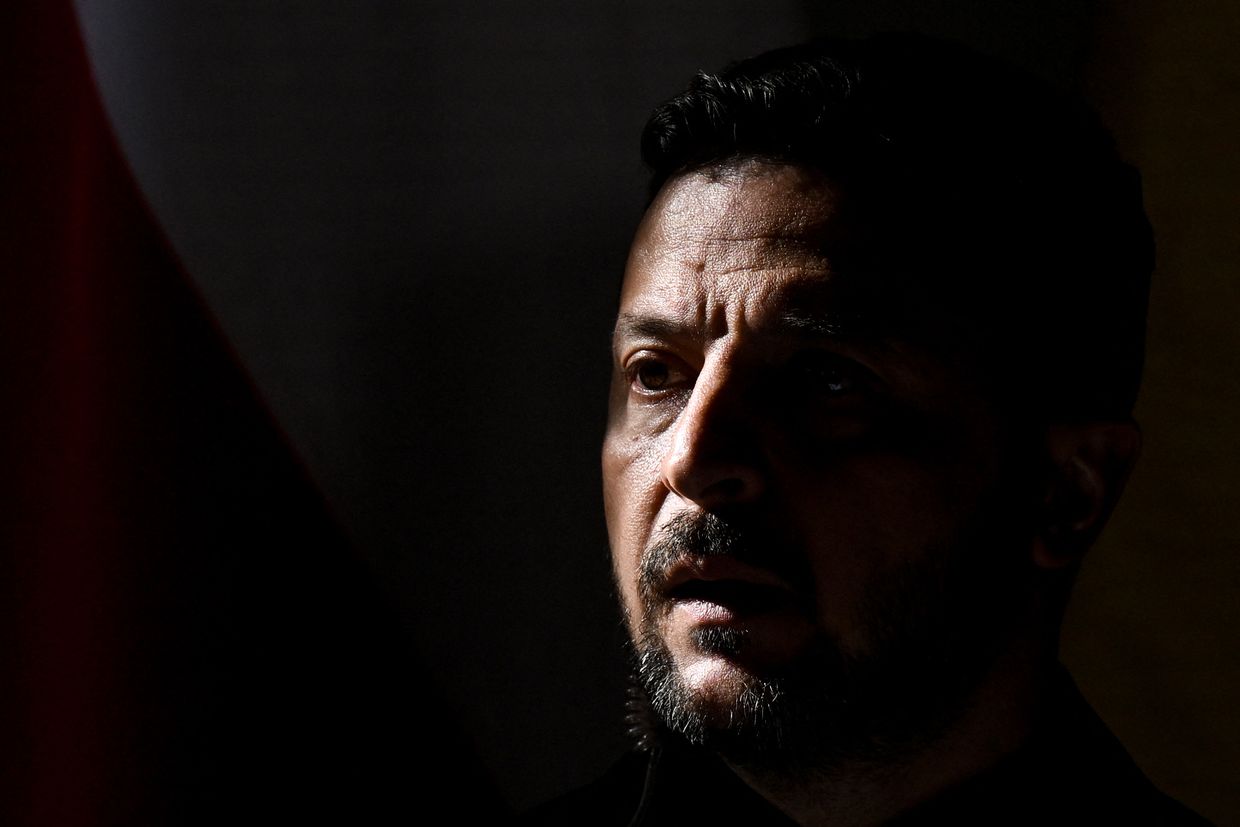OECD warns Ukraine's anti-corruption agencies law threatens foreign investment, media reports

The Organization for Economic Cooperation and Development (OECD) warned Ukraine on July 22 that its law targeting the independence of anti-corruption agencies could deter defense and reconstruction investment, European Pravda reported, citing a letter it had obtained.
The international organization's anti-corruption chief, Julia Fromholz, reportedly voiced concerns about the law in a letter sent to Presidential Office Deputy Head Iryna Mudra before the legislation was passed.
The bill, swiftly approved by the parliament on July 22 and signed by President Volodymyr Zelensky the same day, grants the prosecutor general vast authority over the National Anti-Corruption Bureau of Ukraine (NABU) and the Specialized Anti-Corruption Prosecutor's Office (SAPO).
Watchdogs and opposition lawmakers have blasted the legislation as the authorities' attempt to dismantle Ukraine's anti-corruption infrastructure.
The OECD official reportedly warned that the bill threatens the independence of the anti-corruption agencies and could undermine Kyiv's credibility among foreign partners. This could negatively impact defense investment and reconstruction financing.
Foreign investment has been crucial for both Ukraine's recovery and defense needs as the country's economy faces mounting pressure wrought by the Russian invasion.
According to Fromholz, the legislation might also hinder Ukraine's efforts to join the OECD and its anti-bribery convention.
The OECD is a Paris-based group of 38 developed and emerging economies in Europe, Asia, the Americas, and elsewhere around the world that promotes economic growth and market economy.
Ukraine seeks to join the organization by 2026 as part of a four-year country program launched in June 2023.
In a May review, the OECD praised Ukraine's progress in tackling corruption and strengthening business integrity amid Russia's all-out invasion.
"Even amid Russia's ongoing war of aggression, Ukraine has made significant progress in the fight against corruption, recognising that a robust integrity framework is essential for business confidence, public trust and the post-war recovery," OECD Secretary-General Mathias Cormann said at the time.
Kyiv's other international partners have voiced concerns about the new controversial law. On July 22, the EU Commission said that NABU and SAPO "are crucial to Ukraine's reform agenda and must operate independently to fight corruption and maintain public trust."
"Ukraine’s anti-corruption institutions are vital to its reform path. Restricting them would be a significant setback," Dutch Foreign Minister Caspar Veldkamp said on X on July 23.
"Safeguarding the independence of these institutions and continued progress on the rule of law remain key for Ukraine’s EU accession process."













